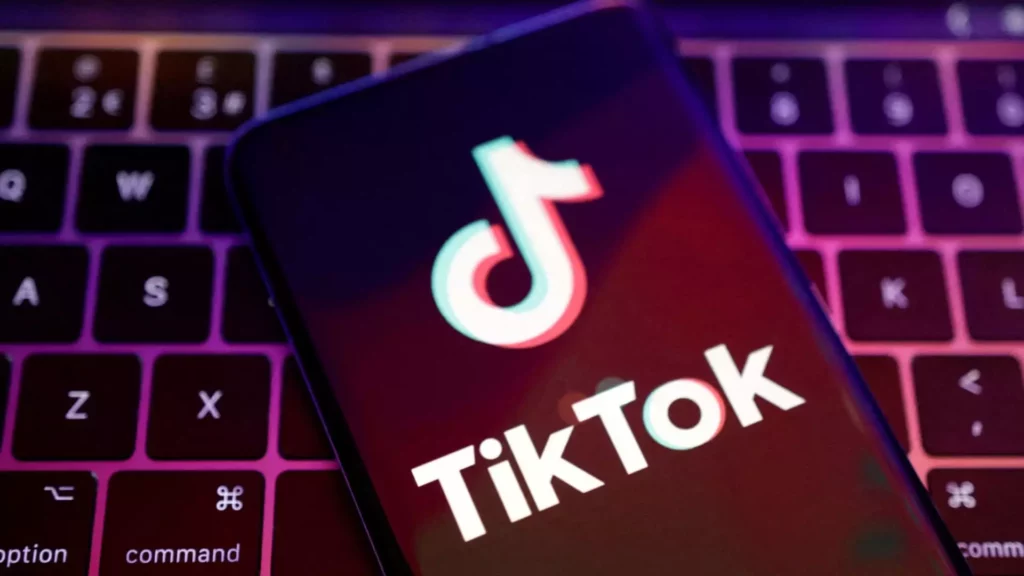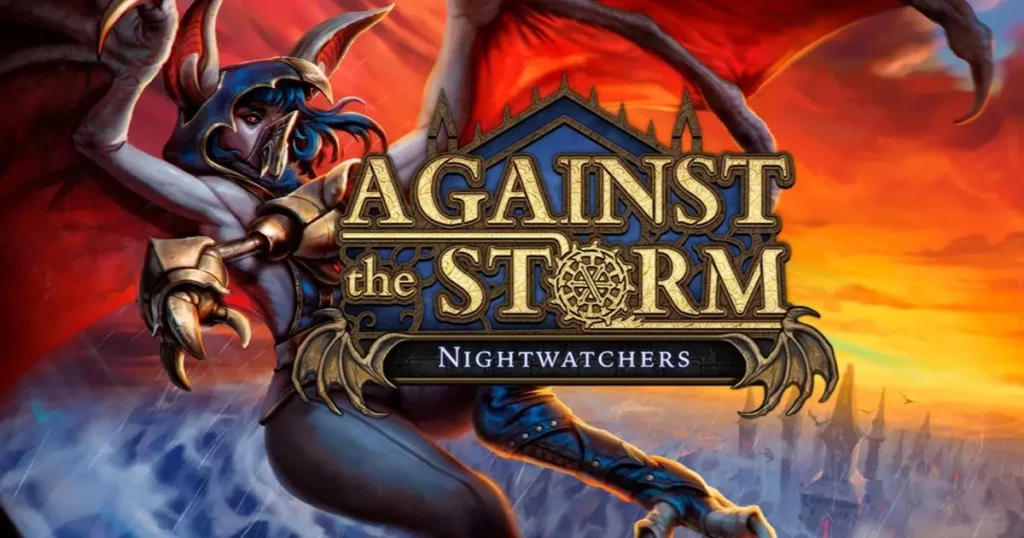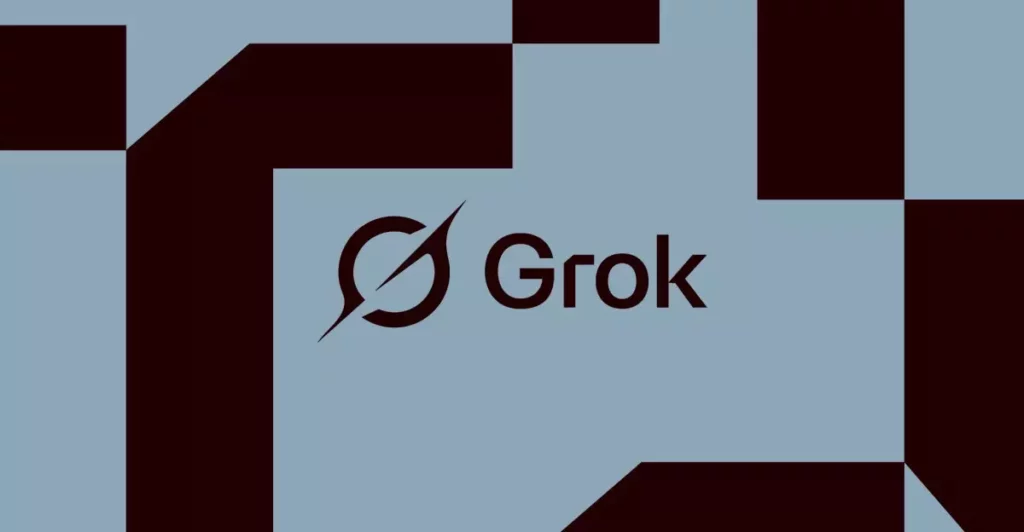For years, gamers around the world have been entranced by the Grand Theft Auto franchise, its audacious storytelling, immersive worlds, and dynamic characters. Yet, with the recent announcement of Grand Theft Auto VI’s release being postponed to May 26, 2026, it feels as though the carpet has been pulled from under our feet. You can almost hear the collective sigh of dismay echoing through the gaming community. While the delay is ostensibly designed to allow Rockstar Games more time to perfect their magnum opus, it inadvertently reflects a larger issue within the industry: the rising tension between consumer expectations and corporate promises. It is akin to taking a beautiful picture, only for it to be marred by an over-exposed flash.
Fans were previously buoyed by assurances from Strauss Zelnick, the unyielding CEO of Take-Two Interactive, whose declarations about a timely release were supposed to lay the foundation for confidence. But with his words now appearing as hollow as a promise made by a politician after the election, we must confront the uncomfortable reality: corporate communication in gaming is riddled with complications and inconsistencies. The excitement around a new GTA title transforms into a potent blend of curiosity and skepticism, further muddling the relationships between developers, publishers, and players.
Incessant Speculation and Engagement
Yet, amidst this uncertainty, one cannot dismiss the fervor that surrounds GTA VI. The waiting game has triggered an avalanche of discussions, theories, and social media debates on potential gameplay mechanics, narrative twists, and character arcs. In many ways, this buzz can be seen as a double-edged sword: while it signifies passion and engagement, the reality is that such hype often cultivates unrealistic expectations. Players are not just sitting idle; they feel a sense of agency, hoping and theorizing about the “what-ifs” and “could-bes” of this iconic series. This investment can easily become a breeding ground for disillusionment when the anticipated end result fails to meet the inflated ideals built up over years of anticipation.
Meanwhile, the delay offers Rockstar an opportunity to shake the dust off ideas that may have initially seemed solid, yet could benefit from refinements. This extra time can lead to a more polished and immersive gaming experience, but at what cost to the initial thrill of expectation? While beneficial in the long run, these delays can feel excruciating for a devoted fan base accustomed to consistent hype cycles.
The Corporate Landscape: An Unrelenting Competition
What’s remarkable about the delay is how it inadvertently gives a breather to other gaming studios. Many smaller and independent developers find themselves overshadowed by the massive clout of a franchise like Grand Theft Auto. With the release window now open, the pressure is eased, allowing for a moment of respite in a notoriously cutthroat industry. Collider’s “release date chicken” has always been the order of the day, with major titles launching in close proximity, diluting attention and revenues. Now, with Rockstar’s decision, smaller games can grab a proverbial piece of the pie—offering inventive gameplay and fresh ideas without the overwhelming shadow of an industry titan looming over them.
Rather than stifling competition, a delayed release can cultivate an environment where diverse creative voices can thrive. This, however, hinges on consumers’ willingness to explore beyond the customary AAA titles they’ve grown accustomed to.
Shifting Industry Paradigms
One might consider the impact on developer mental well-being as a compelling silver lining to this delay. Rockstar has faced well-deserved scrutiny for its past work culture, characterized by crunch periods and burnout. The extended timeline might very well be a signal that subtle cultural shifts are underway. With a renewed focus on creative integrity and mental health, developers are encouraged to craft games that resonate rather than simply comply with corporate deadlines. This reflects a larger industry trend towards understanding the significance of a healthy creative environment—a model that, if adopted broadly, could elevate gaming experiences across the board.
But this trend of prioritizing quality over expediency needs to be executed with transparency, establishing a trust-filled relationship not only with fans but also within the broader marketplace. Games are not just commodities; they are art. The gaming community, particularly the ever-enthusiastic GTA fanbase, deserves to know that their passions are placed in the hands of developers who value the creation process, not just the end dollar.
The Wait: A Necessary Reflection
As we await further revelations regarding Grand Theft Auto VI, including potential trailers and narrative details, it’s essential to acknowledge that the dynamics at play within the gaming landscape have found a rare opportunity for recalibration. The industry has now been cautioned—from developers, publishers, and players alike—about the necessity for patience and understanding amidst the complexities of game development. This ongoing evolution could very well plant the seeds for a future where thoughtful game design flourishes, one that prioritizes artistry over mere profitability.









Leave a Reply